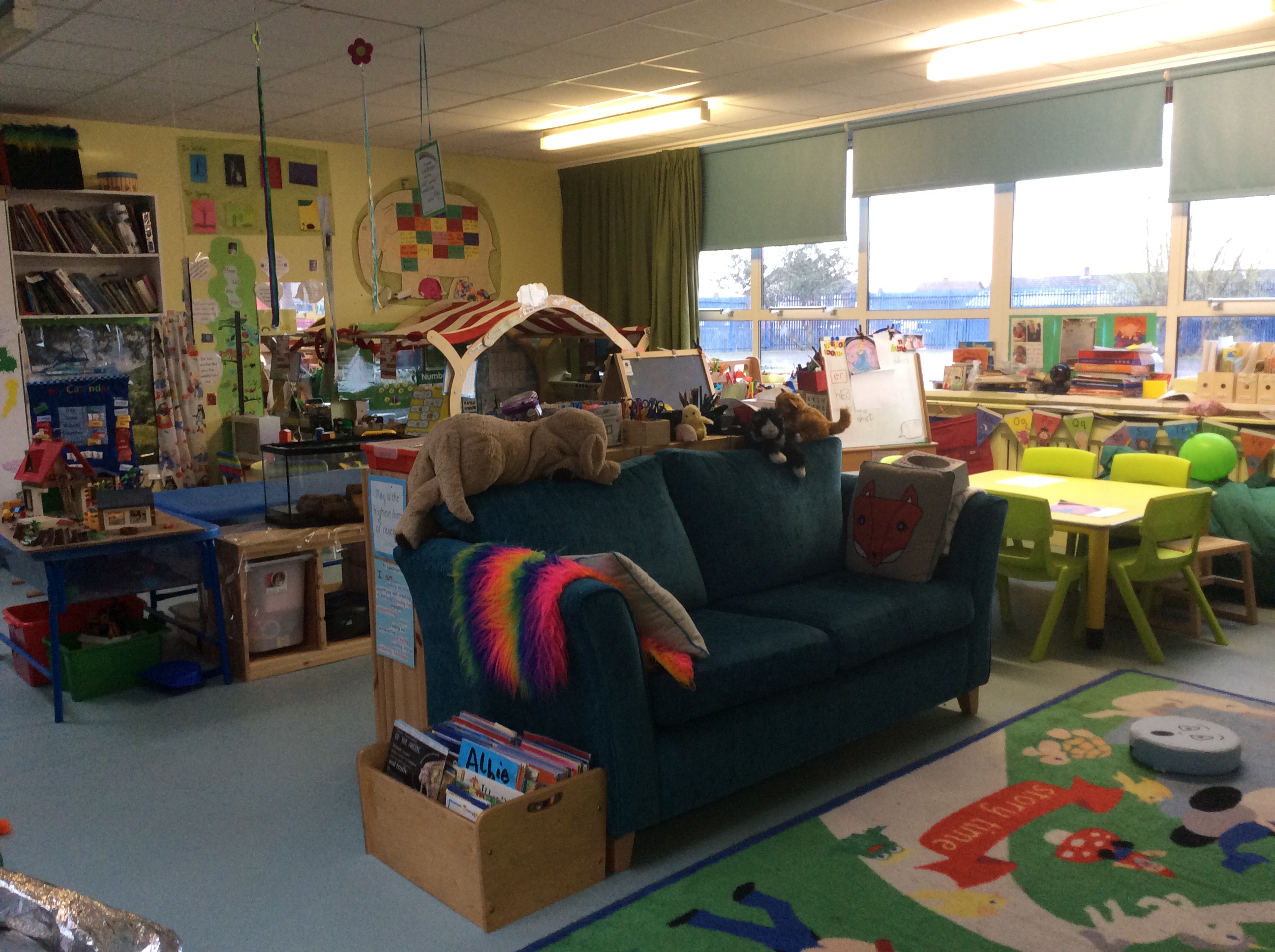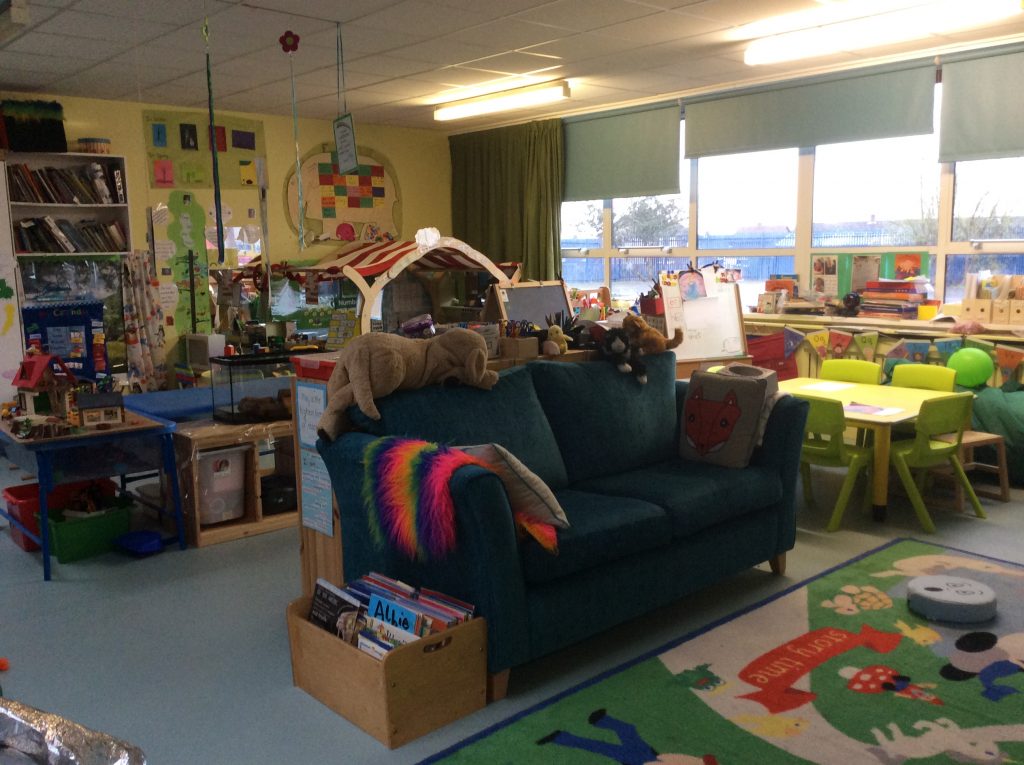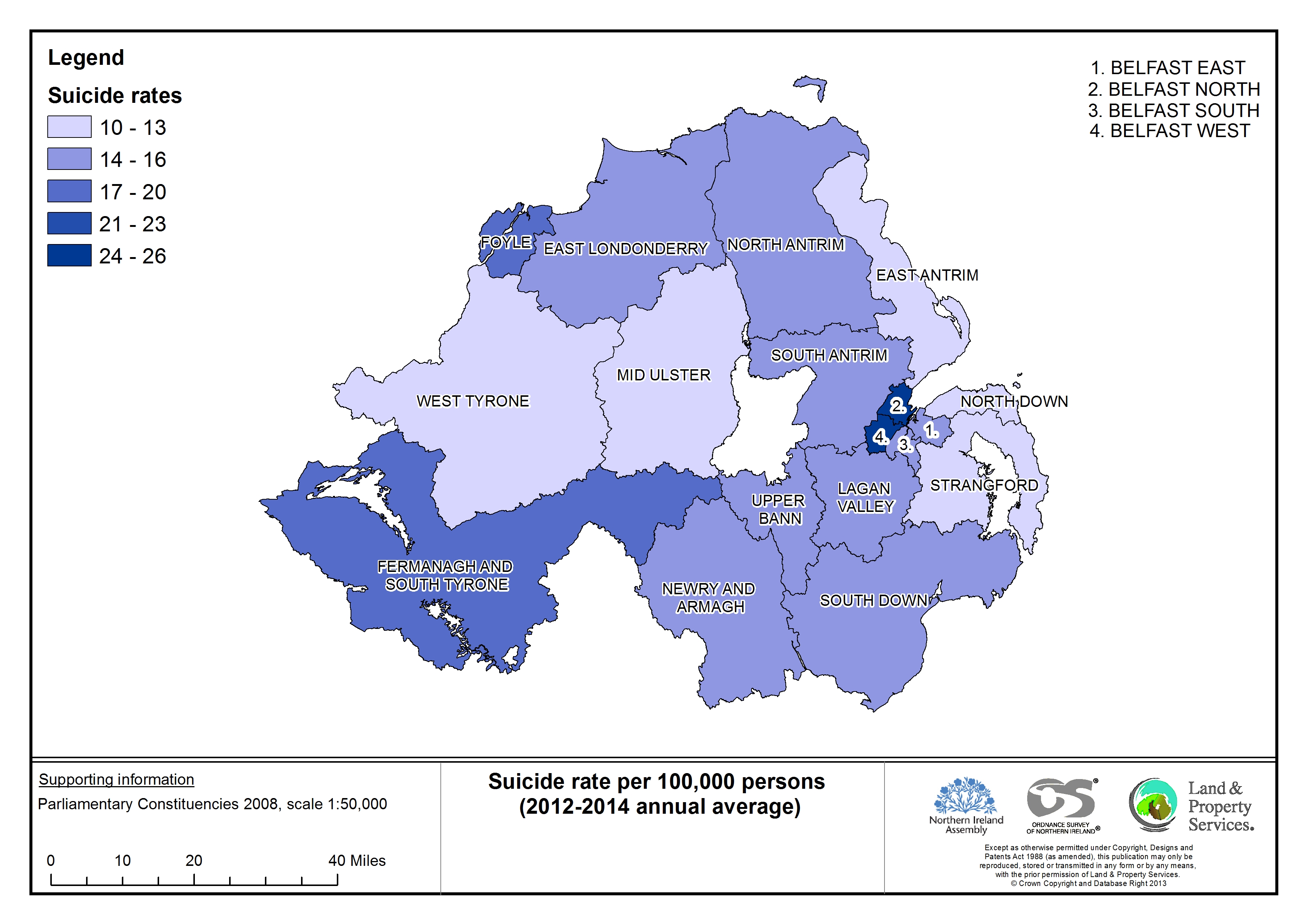Are composite classes bad for children?
In 2016 the former Minister for Education, Peter Weir MLA, spoke of wanting to address composite classes, whereby a single teacher is responsible for two or more years of students at the same time. The former Minister suggested that it is more difficult for teachers to deliver high quality education in composite classes and that pupils need to be able to interact with peer groups. He stated that by the end of the planning period, he expected actions to address ‘the issue of primary pupils being taught in a composite class of more than two year groups’. This article looks at the evidence base on composite classes in Northern Ireland and around the world, considering how common they are, their educational outcomes and benefits and challenges.












